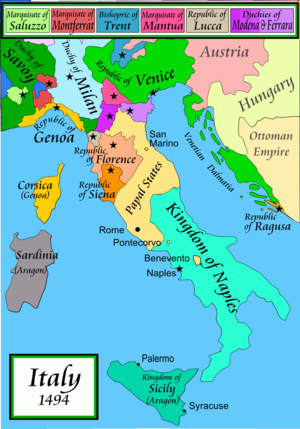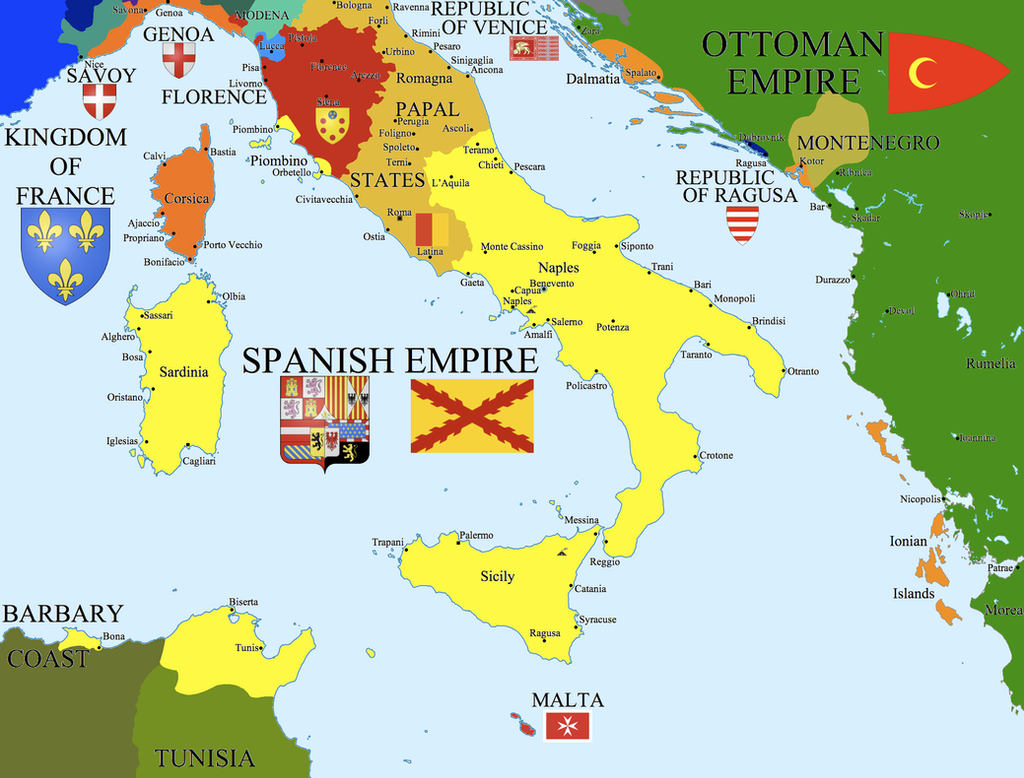This is a strange one. The whole paper is available.
See:
http://onlinelibrary.wiley.com/doi/10.1002/ajpa.23409/abstract
"
Abstract
Objectives
War atrocities committed by the Spanish army in the Low Countries during the 16th century are so ingrained in the collective memory of Belgian and Dutch societies that they generally assume a signature of this history to be present in their genetic ancestry. Historians claim this assumption is a consequence of the so-called “Black Legend” and negative propaganda portraying and remembering Spanish soldiers as extreme sexual aggressors. The impact of the presence of Spaniards during the Dutch Revolt on the genetic variation in the Low Countries has been verified in this study.
Materials and methods
A recent population genetic analysis of Iberian-associated Y-chromosomal variation among Europe is enlarged with representative samples of Dutch (
N = 250) and Flemish (
N = 1,087) males. Frequencies of these variants are also compared between donors whose oldest reported paternal ancestors lived in—nowadays Flemish—cities affected by so-called Spanish Furies (
N = 116) versus other patrilineages in current Flemish territory (
N = 971).
Results
The frequencies of Y-chromosomal markers Z195 and SRY2627 decline steeply going north from Spain and the data for the Flemish and Dutch populations fits within this pattern. No trend of higher frequencies of these variants has been found within the well-ascertained samples associated with Spanish Fury cities.
Discussion
Although sexual aggression did occur in the 16th century, these activities did not leave a traceable “Spanish” genetic signature in the autochthonous genome of the Low Countries. Our results support the view that the ‘Black Legend’ and historical propaganda on sexual aggression have nurtured today's incorrect assumptions regarding genetic ancestry."
Maybe I just don't understand the context. Should the Germans do a study on births within a couple of years of 1945, especially in places like Berlin, and see if a lot of "Slavic" y dna shows up? How about "German" y dna showing up along the Gothic Line in Italy, or other foreign dna showing up in the south as the invasion moved up the peninsula? In the Balkans, where rape was a weapon of war the yDna is so similar you'd never be able to tell, which is probably a good thing.
See:
http://www.bbc.com/news/magazine-32529679
Some sources maintain 2 million German women were raped by Soviet soldiers during WWII.
https://en.wikipedia.org/wiki/Rape_during_the_occupation_of_Germany
Nothing on that scale happened in Italy, but it wasn't unknown.



